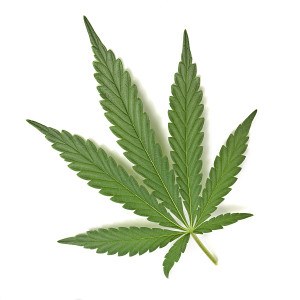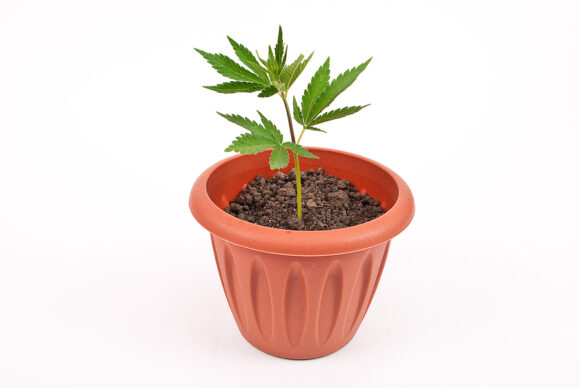Colorado marked its second anniversary Wednesday of allowing recreational marijuana for adults over 21.
Voters approved Amendment 64 in November 2012. On Dec. 10, 2012, Gov. John Hickenlooper formalized it as part of the state constitution.
It was a procedural but important step. The governor’s executive order was the first public declaration that Colorado wouldn’t try to block marijuana legalization or ask the federal government, which considers pot illegal, to intervene.
Hickenlooper also announced a task force to start regulating pot, a signal that Colorado planned to actively manage legalization instead of wait for a possible federal lawsuit.
“There was a lot of concern that state officials would not implement the will of the voters or that the state would ask the federal government to intervene,” said Brian Vicente, an attorney and legalization advocate who wrote Amendment 64.
“This was the first indication that was not going to happen, that they wouldn’t stand in the way of legalization.”
Four days earlier, Washington state had implemented its legalization measure with little incident. Washington’s measure was effective as soon as the vote was certified, on Dec. 6 of that year.
It would be another eight months, until August of 2013, before the U.S. Department of Justice would send Colorado and Washington public notice that the federal government wouldn’t intervene as long as the states tightly regulated the drug and took steps to keep it from children, criminal cartels and federal property. That notice, called the “Cole Memo” after the deputy attorney general who wrote it, was the final word that states would be allowed to experiment with flouting federal drug policy.
Legalization advocates said it was clear as soon as voters approved legal weed in both states that federal authorities would step aside.
“Unless they were going to deploy DEA agents around the state to start arresting adults for possessing less than an ounce of marijuana, they we aren’t going to be able to stop it,” said Mason Tvert, who ran Colorado’s legalization campaign and now is national spokesman for the pro-legalization Marijuana Policy Project.
 Colorado now allows adults 21 and over to have up to an ounce of marijuana, without needing a doctor’s recommendation for the drug. Colorado allows adults to grow up to six plants at home, and it requires the state to allow commercial sales. Those sales began Jan. 1 of this year, the exact deadline laid out in the amendment.
Colorado now allows adults 21 and over to have up to an ounce of marijuana, without needing a doctor’s recommendation for the drug. Colorado allows adults to grow up to six plants at home, and it requires the state to allow commercial sales. Those sales began Jan. 1 of this year, the exact deadline laid out in the amendment.
Taxes on recreational pot weren’t approved by voters until 2013. That’s because Colorado law wouldn’t permit both legalization of and taxes on marijuana to be on the same ballot. Voters approved 15 percent excise taxes and 10 percent sales taxes on the newly legal drug.
Through October, the most recent month available, Colorado had raised more than $60 million in taxes, licenses and fees from recreational and medical marijuana.
Last month, Alaska, Oregon and Washington, D.C., voted to join Colorado and Washington in allowing recreational pot for adults.
Was this article valuable?
Here are more articles you may enjoy.


 Berkshire Utility Presses Wildfire Appeal With Billions at Stake
Berkshire Utility Presses Wildfire Appeal With Billions at Stake  Hackers Hit Sensitive Targets in 37 Nations in Spying Plot
Hackers Hit Sensitive Targets in 37 Nations in Spying Plot  Uber Jury Awards $8.5 Million Damages in Sexual Assault Case
Uber Jury Awards $8.5 Million Damages in Sexual Assault Case  LA County Told to Pause $4B in Abuse Payouts as DA Probes Fraud Claims
LA County Told to Pause $4B in Abuse Payouts as DA Probes Fraud Claims 